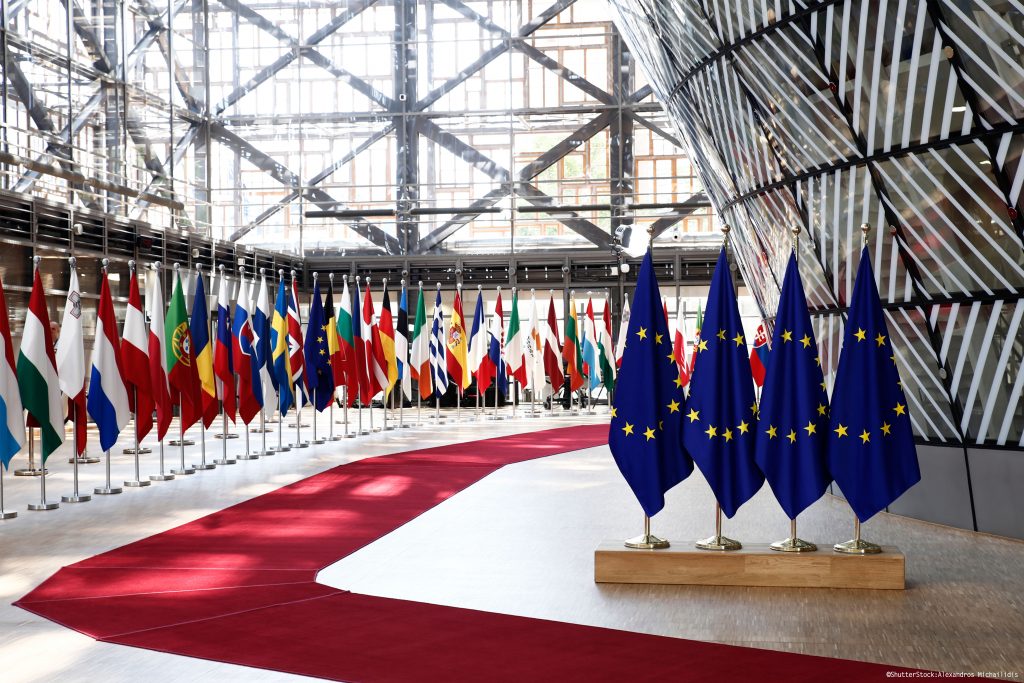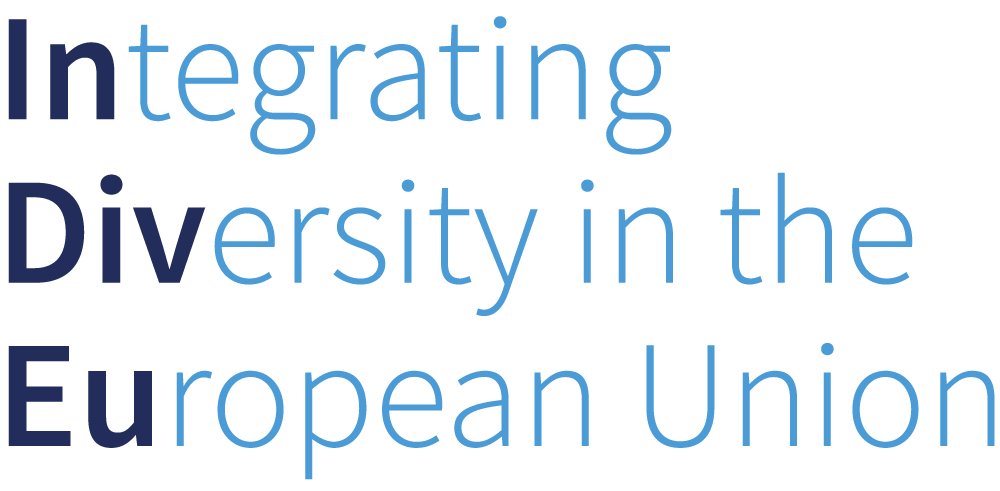Frank Schimmelfennig and Dominik Schraff (ETH Zürich)
Studies of differentiated integration share the assumption that differentiation helps the EU to adjust to the growing heterogeneity of its member states and contestation of its policies. By making it possible that some states move ahead with integration while others stay behind, differentiated integration takes into account diverse national integration preferences and capacities. Differentiated integration facilitates intergovernmental agreement and enables states to integrate at the level they need, prefer and are able to handle. It thus increases not only the problem-solving and decision-making efficiency of the EU, but also its legitimacy as a voluntary community of states and peoples.
Yet analyses of differentiated integration generally operate at the level of states or governments. We know very little about what citizens think of it. Specifically, does differentiated integration improve citizens’ assessment of democracy in the EU and thereby strengthen the EU’s legitimacy as a political system?
We cannot simply infer from intergovernmental agreement on differentiated integration that citizens approve, too. Citizens have conflicting integration preferences. If their state obtains an opt-out from integration, Eurosceptics are content, whereas Europhiles are displeased. If differentiated integration was just a zero-sum game between winners and losers, it would fail to enhance the legitimacy of the EU overall.

In a recent paper[1], we argue that differentiated integration has the potential to overcome this zero-sum game. For one, we assume that the institution of differentiated integration as such, and the opportunity to choose between different levels of European integration, improve the democratic legitimacy of the EU for both winners and losers. Having a national choice from the menu of European integration rather than being confronted with a take-it-or-leave-it proposition, and having the opportunity to make this choice through democratic procedures of parliamentary or direct-democratic ratification, offsets the losers’ displeasure at least partially.
Moreover, the gain that Eurosceptics experience from obtaining opt-outs for their country are likely to be larger than the perceived losses of Europhiles. Typically, Europhiles are supporters of mainstream parties. The parties they vote for not only regularly win elections, form governments and shape policy-making, but have also supported the incremental deepening and widening of European integration. For these reasons, Europhile mainstream party supporters tend to have a high level of satisfaction with democracy and political efficacy. Against this background, losing an opt-out decision now and then is unlikely to affect their perceptions of political legitimacy strongly. By contrast, Eurosceptics are typically supporters of fringe or challenger parties that are unlikely to win elections and form governments, and they have seen the EU deepen and widen against their preferences. For both reasons, they have a personal history of losing, leading to comparatively low levels of satisfaction and efficacy. Against this experience of long-term losing, winning opt-outs from integration may boost their perception of the EU’s democratic legitimacy.
We test this argument in an analysis of Danish perceptions of political efficacy around the 2015 referendum, in which Danish voters were asked to give up Denmark’s opt-out from integration in Justice and Home Affairs. Our analysis benefits from the lucky circumstance that the referendum took place during a Eurobarometer survey asking respondents, among other things, whether their voice counts in the EU. We are therefore able to test (in a regression discontinuity analysis) the effect that the confirmation of the Danish opt-out in the referendum has had on the attitudes of Danish citizens towards the EU.
The analysis shows
that the opt-out referendum boosted people’s perceptions of their ability to
affect EU politics. We also find that, while Europhile mainstream party
supporters did not change their attitude significantly, Eurosceptic fringe
party supporters improved their perceptions of political efficacy in the EU
substantively (by 12.5 percentage points). Naturally, findings from a single
case need to be treated with caution and call for more studies on citizens’
evaluation of differentiated integration. But Denmark can be considered a hard
case for finding differentiation effects because Danish citizens enjoy a high
level of efficacy in general and have obtained opt-outs for a long time. Our
results therefore suggest that differentiated integration can improve citizens’
assessment of the EU’s democratic legitimacy, indeed.
[1] SCHRAFF, Dominik, SCHIMMELFENNIG, Frank, Does differentiated integration strengthen the democratic legitimacy of the EU? Evidence from the 2015 Danish opt-out referendum, EUI RSCAS, 2020/11, European Governance and Politics Programme, available at http://hdl.handle.net/1814/66164
Read all InDivEU editorials here.
